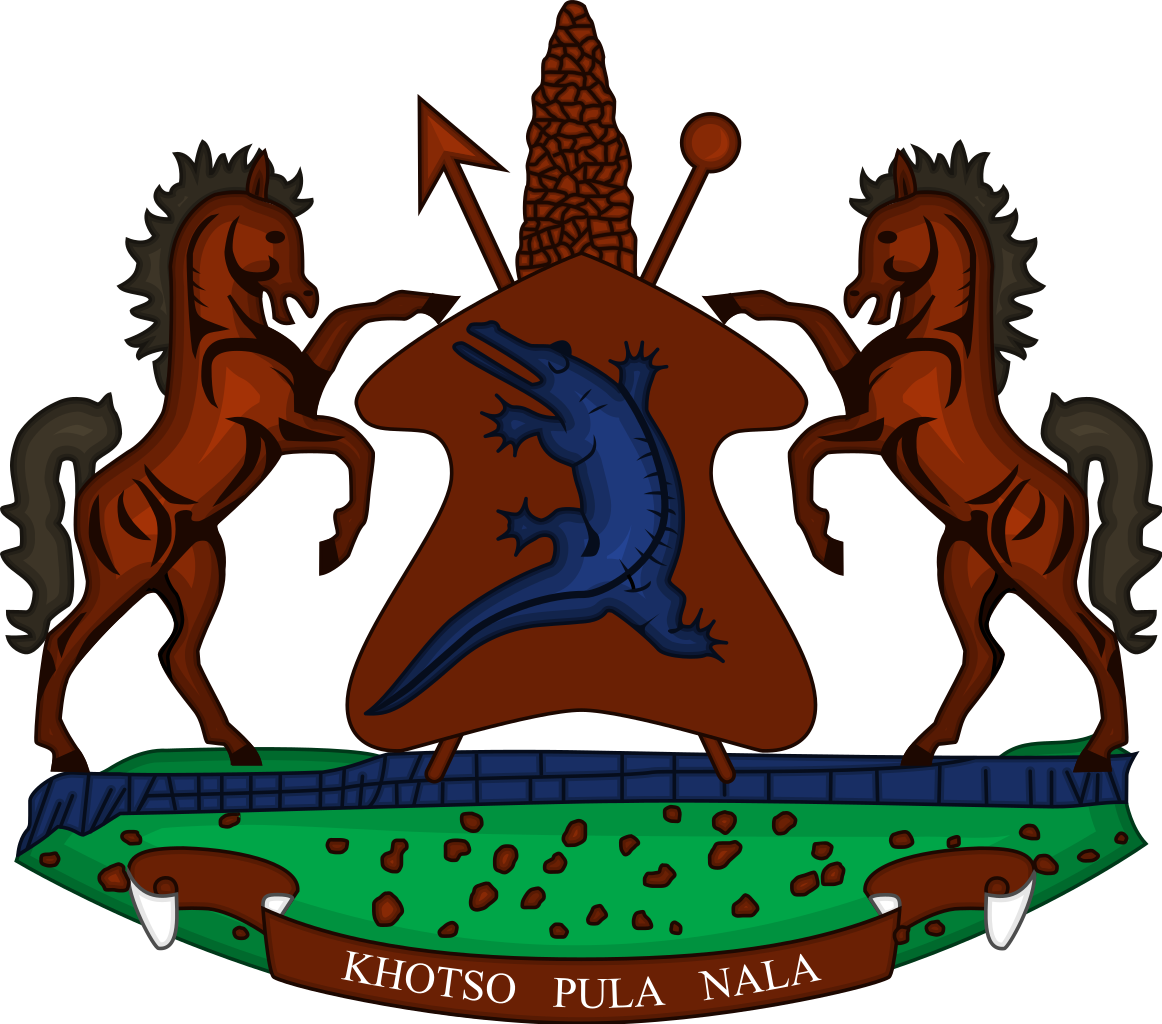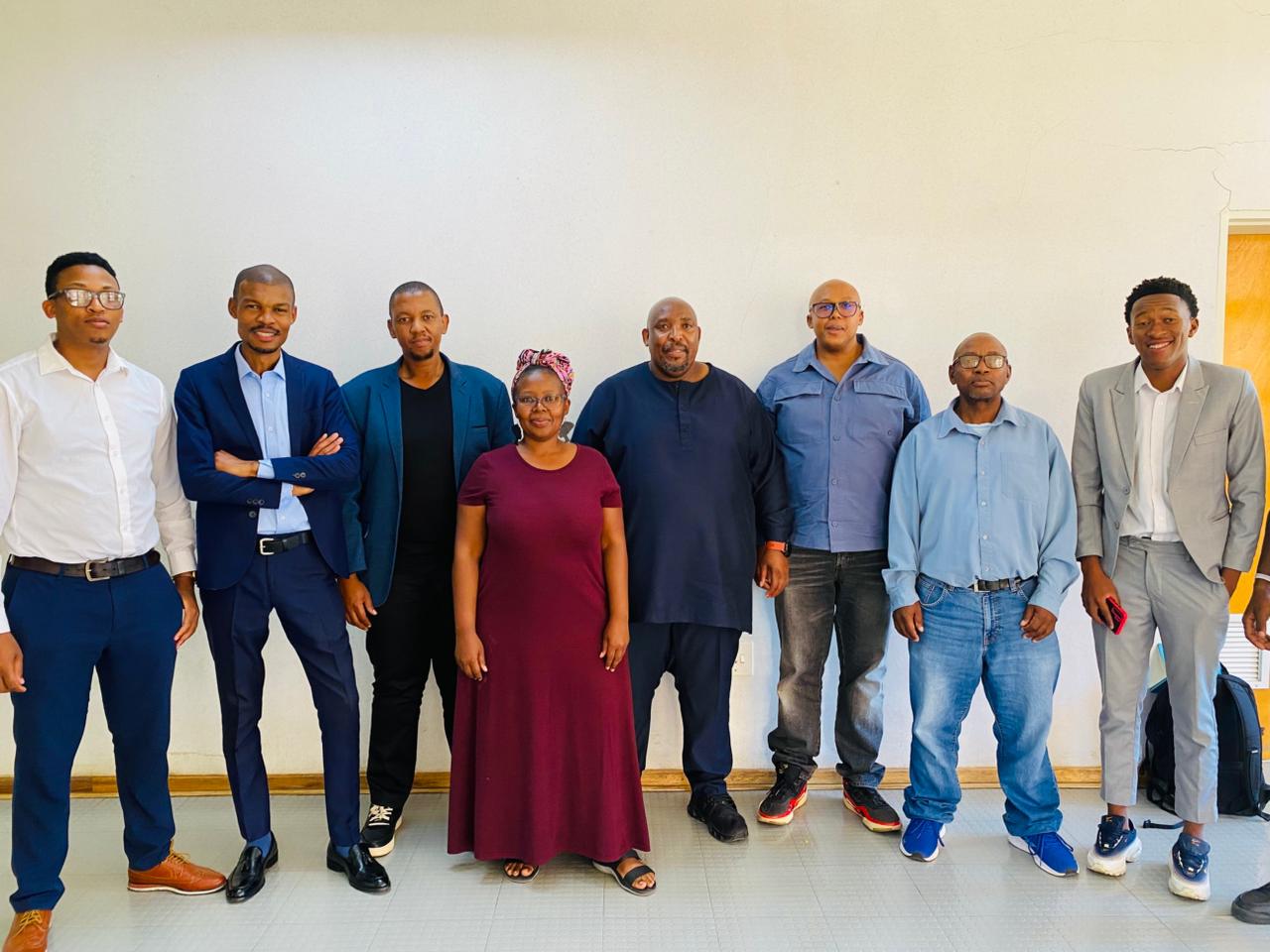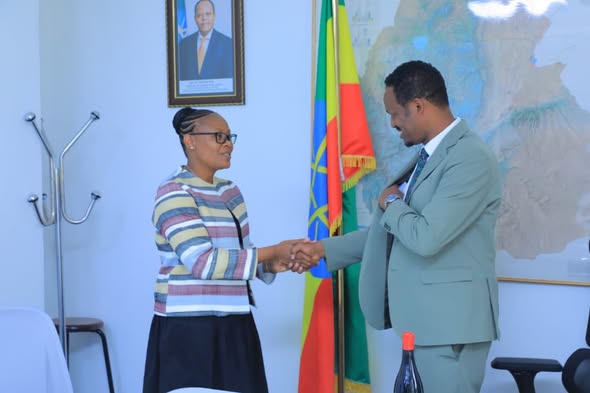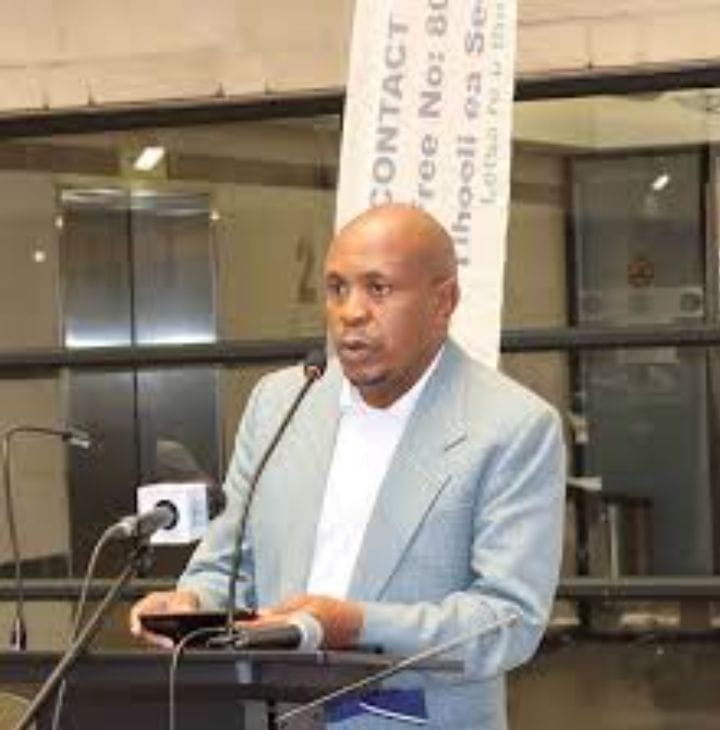A week after African leaders called for fair financing at the 38th African Union (AU) Summit, the focus shifts to whether global lenders will act or stall.
While the summit ended, Africa’s fight for debt justice and economic sovereignty continues. With bold declarations demanding debt relief as a form of reparations, African leaders placed global financial institutions and creditor nations under pressure.
But whether these demands will lead to policy shifts or be lost in bureaucratic delays remains uncertain. Beyond speeches and resolutions, AU member states are drafting three proposals to advance their agenda.
A G20 expert panel on debt relief, spearheaded by South Africa, aims to push for lower borrowing costs and restructuring options tailored to Africa’s economies. An African Credit Rating Agency seeks to challenge biased assessments from global agencies that artificially inflate borrowing costs.
A $25 billion replenishment drive for the African Development Fund is being launched to provide concessional financing and reduce reliance on costly commercial loans.
“Our voices have been heard. Now, we must ensure our demands are met,” former African Union Commission (AUC) Chairperson Moussa Faki said.
While the AU’s stance on debt justice has gained traction, key stakeholders, especially the International Monetary Fund, World Bank and Western lenders, remain cautious.
Some argue that large-scale debt relief could set a precedent they want to avoid. However, African nations are moving forward. Kenya and Ghana have begun direct talks with China and the Paris Club for flexible debt terms, while Nigeria and Egypt are exploring regional financing alternatives.
Advocacy groups, including ONE Campaign and the African Finance Forum, are also increasing pressure. They are calling for an overhaul of International Monetary Fund (IMF) Special Drawing Rights to fairly allocate emergency funds to low-income African nations, reforms in global credit rating mechanisms, and new climate finance models to ensure Africa is compensated for its role in global sustainability efforts.
“African countries pay an average of four times more to borrow than wealthier nations, with debt servicing consuming up to 58 per cent of government revenues. In some cases, those are funds that should be invested in social infrastructure,” said Serah Makka, Africa executive director at ONE Campaign.
Speaking at the side-lines of the AU summit in Addis Ababa, Ethiopia, she said Africa has long operated within a global financial system that does not reflect its economic realities, forcing nations into high borrowing costs and unsustainable debt cycles
With $88.7 billion in external debt service due in 2025, African nations face a systemic challenge not of excessive debt, but of expensive debt, where borrowing costs are 500 per cent higher than the International Bank for Reconstruction and Development rates.
This financial burden limits investments in healthcare, infrastructure, and climate action while forcing governments to raise taxes, straining citizens.
“As the AU rightly calls for justice and reparations, we must also push for a financial system that serves Africa’s interests. The current financial architecture was established when African countries were colonies. It cannot work for independent sovereign nations,” added Makka.
By championing the cost of capital agenda and replenishing the African Development Fund, African leaders have an opportunity to reshape the continent’s economic future.
As African leaders push for fairer financing, Western nations must decide whether to engage in meaningful reform or resist change and risk losing influence.
African nations are already exploring alternative financial alliances, particularly with China, India, and the Middle East.
Kenya is set to receive a Sh193 billion loan from the United Arab Emirates by the end of February, according to a report by Bloomberg.
Africa has made its position clear. The global financial system must evolve or risk losing relevance in a shifting economic landscape.
Meanwhile, in her budget presentation the Minister of Finance and Development Planning, Dr Rets`elisitsoe Matlanyane, indicated that as of January 2025, total debt of the government of Lesotho stands at M23.1 billion, comprising M19.3 billion in external debt (83%) and M3.8 billion in domestic debt (17%). She said that year on year debt increased by M232.8 million driven entirely by external borrowing while the debt to GDP ratio has remained stable.
She noted that since the start of the year, external debt rose by a net M41.8 million due to M1.5 billion in new borrowing, offset by capital repayments of M952.3 million and an exchange rate gain of M475.5 million. Domestic debt declined by M188.6 million but is expected to rise slightly after the final auction supporting domestic market development amid fiscal surpluses.
She added that according to the Debt Sustainability, Lesotho’s debt distress risk remains moderate with limited capacity to absorb shocks. She said that the government is committed to reducing the debt burden in the medium term by introducing fiscal rules including Public
Debt Rule seeking to contain the public as a percentage of GDP. She noted that this will enhance transparency, control deficits and provide flexibility to manage shocks that may arise.
Again, she said to support growth and domestic market development, the government plans to issue M600 million in treasury bonds for infrastructure projects identified as key engines of growth trajectory.
According to International Monetary Fund (IMF) latest data, five of the top 10 debtors hail from Africa – Egypt – $10,854,130,844, Angola – $3,079,316,668, Kenya – $2,566,263,300, Ghana – $2,042,641,000 and Cote d’Ivoire – $1,940,385,704), highlighting the economic challenges faced by the continent.
Source: Lesotho News Agency (LENA) 28/02/2025




